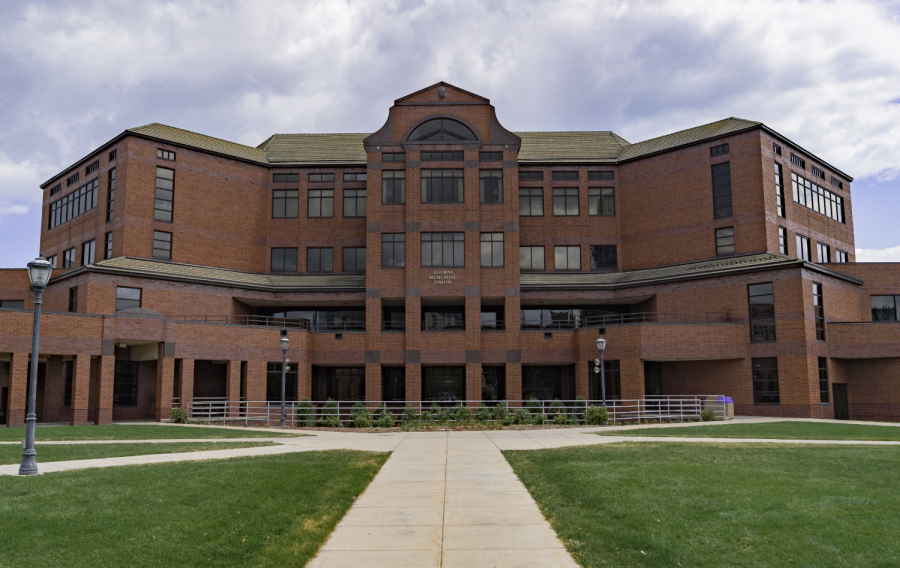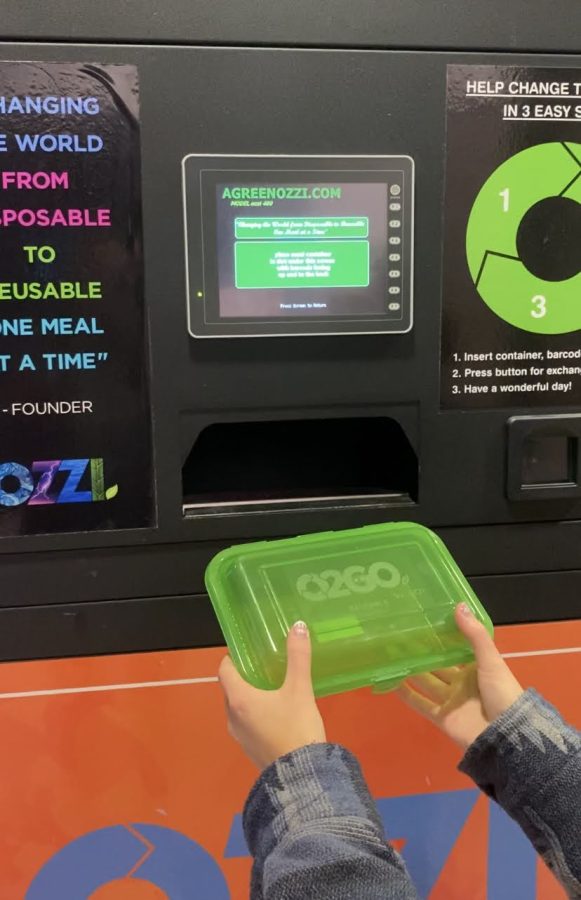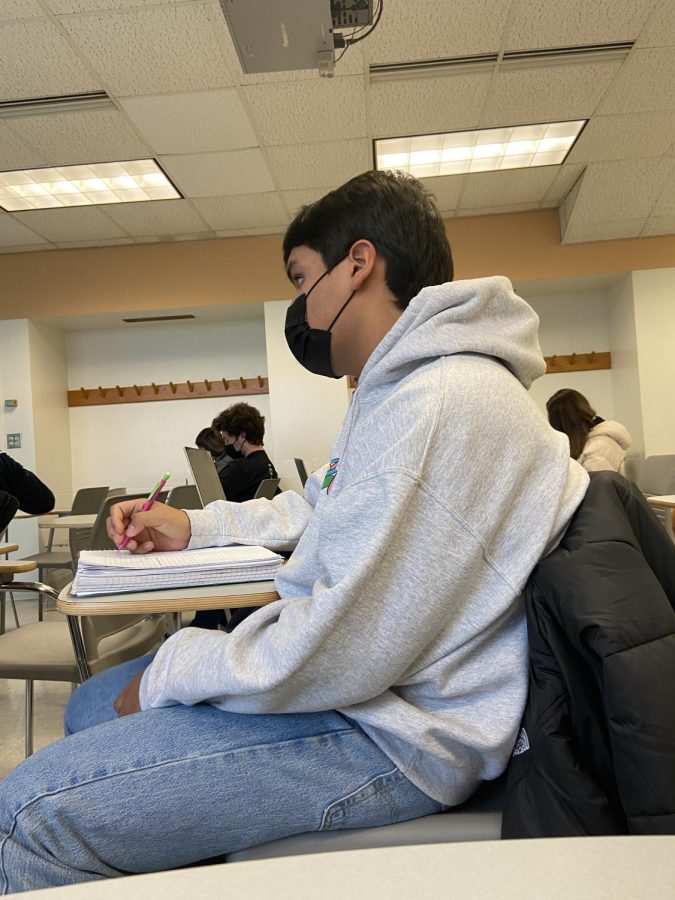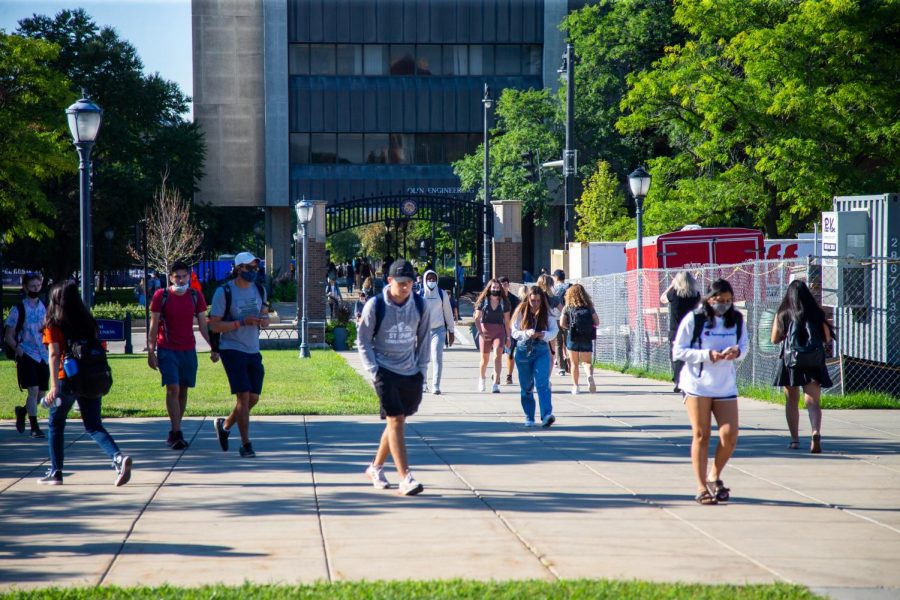With insufficient COVID-19 self-assessments and 11 positive COVID-19 cases since the first day of classes, Marquette University needs to require COVID-19 tests for students, faculty and staff, whether that means carrying out random tests on campus or providing resources on where and how to get tested.
Currently students are not required to be tested for COVID-19. Students were also not required to receive testing before returning to campus, though they were encouraged by Xavier Cole, vice president of student affairs, to self-quarantine for two weeks in a message sent out to students Aug. 10.
Before coming to campus each day, students are to complete a “COVID Cheq” symptom self-assessment survey.
The survey asks students if they will be on campus at any point during the day. Students have the option of saying yes or no. If students select “yes,” students must take their temperature and report any symptoms that they’ve had, including chills or fever of 100º F or greater, cough, shortness of breath or difficult breathing.
Students must also report if they have symptoms of fatigue, muscle or body aches, headache, new loss of taste or smell, sore throat, congestion or runny nose, nausea, vomiting or diarrhea.
A note at the top of the page says that students can exclude symptoms that a “medical provider has previously attributed to a condition other than COVID-19.”
Students also have to report if they’ve been in close contact with someone or potentially exposed to COVID-19 within the last 14 days.
Though students must complete this survey every day — regardless of whether or not they plan to come to campus — it is unclear whether there will be any repercussions for not completing it truthfully.
Once cleared by the tracker, students will receive a message that says they are cleared to be on campus and will receive a QR code.
Some buildings, like Raynor Memorial Library and dining halls, require students to show their clearance results before entering, meanwhile, many buildings do not require students to show their clearance.
The university should require students, faculty and staff to get tested for COVID-19, as the self-assessment survey is not adequate for tracing COVID-19. Solely relying on students to self assess for COVID-19 is not sufficient, as students may be unable to detect any symptoms or may lie about their results in order to return to campus.
Additionally, students were supposed to receive welcome packs that included a mask, hand sanitizer and a thermometer last week, but if some students didn’t receive a pack because they forgot or couldn’t find where to pick one up and don’t have access to a thermometer, it will be difficult for them to accurately report their temperatures.
The university must require students to get tested at least once a week for COVID-19, considering that young adults are more likely than other age groups to be asymptomatic. If the university does not have the necessary resources or capacity to test all students, it should provide students with information about where and how to get tested near campus.
With no physical expression of COVID-19 symptoms and cleared “COVID Cheq” results, students could unintentionally or intentionally be worsening the spread on campus.
The university is asking students and university employees to fill out a voluntary disclosure form if they are self-quarantining or self-isolating. Giving students, faculty and staff the option to not disclose if they have COVID-19 could potentially endanger other members of the Marquette and Milwaukee community if they choose to come to campus sick.
Requiring everyone to receive COVID-19 testing would ensure mandatory disclosure as well as protect and prioritize the safety and well-being of every person on campus. It would also assist with COVID-19 contact tracing.
If the university truly wants to prioritize and protect its students, faculty and staff as well as Milwaukee community members, it cannot rely on a self-assessment survey to replace testing.
While students must also do their part to keep themselves and others safe — such as wearing masks, social distancing and gathering only in small groups — the university must ensure that campus is adequately equipped for students returning to campus each day.
Editorial topics by the Marquette Wire are decided at weekly meetings between members of the executive board. The editorial is crafted with leadership by the executive opinions editor. The executive board consists of the executive director of the Wire, managing editor of the Marquette Tribune, managing editor of the Marquette Journal, general manager of MUTV, general manager of MUR and nine additional top editors across the organization.












